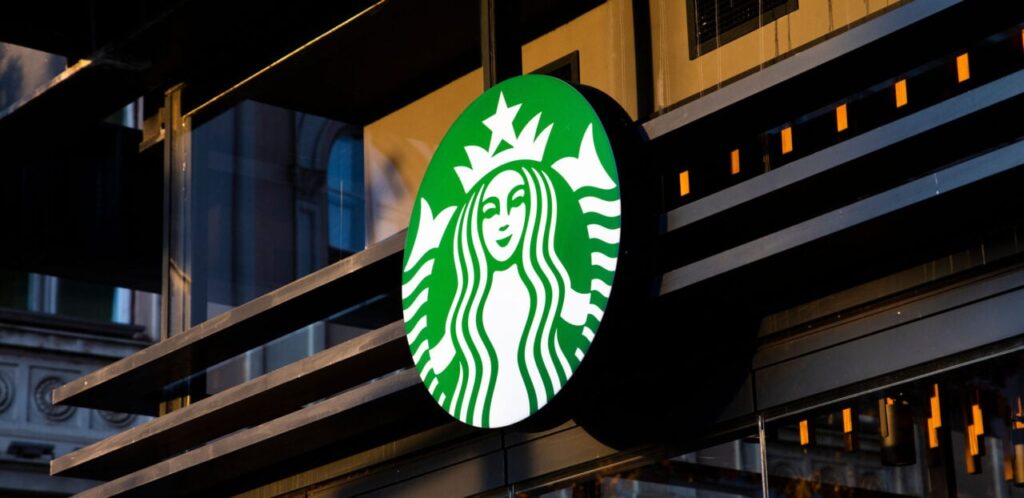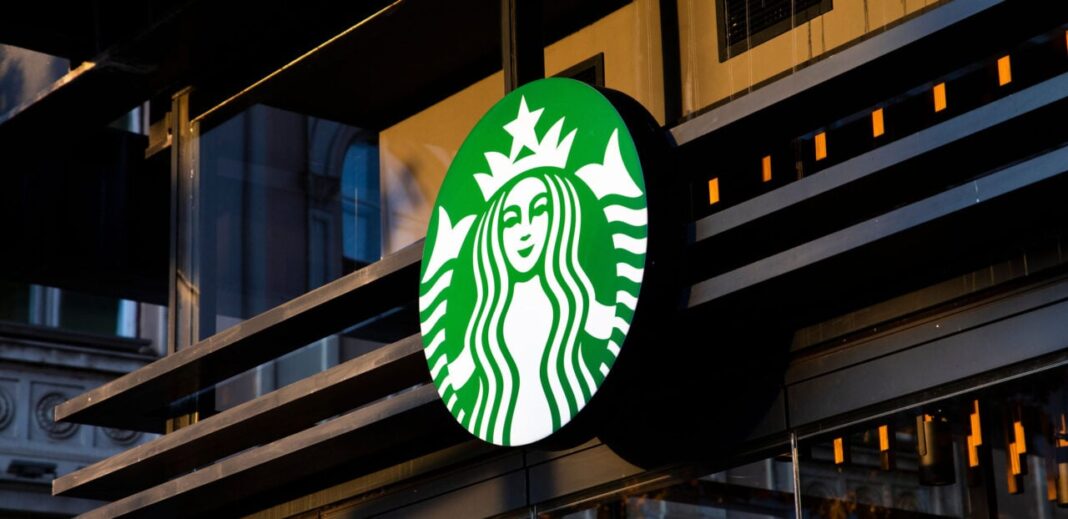Starbucks is selling a majority stake in its China business to Boyu Capital for about $4 billion, valuing it at over $13 billion. The Shanghai-based arm will retain its 8,000 stores and plans to expand to 20,000, with Starbucks focusing on brand strategy while Boyu drives local operations and growth.

When Starbucks entered China more than two decades ago, skeptics wondered if a coffee culture could ever take root in a tea-drinking nation. Today, with 8,000 stores across the country and plans to grow to 20,000, the Seattle giant has answered that question resoundingly. But as of November 2025, Starbucks is stirring a new conversation — this time about ownership, not coffee.
In a move that has sent ripples through the global business community, Starbucks announced the sale of a 60% stake in its China operations to Boyu Capital for around $4 billion, valuing the business at over $13 billion. The deal will see Boyu take operational control, while Starbucks retains a 40% share — and crucially, the rights to its brand and intellectual property.
The company’s China headquarters will remain in Shanghai, ensuring continuity and oversight, but operationally, this marks a strategic evolution. For Starbucks, the move is less about stepping back and more about changing how it moves forward.
From Global Ambition to Local Partnership
For years, China has been Starbucks’ second-largest market and one of its most fiercely contested. The country’s urban millennials embraced coffee culture with enthusiasm, turning cafes into hubs of aspiration and connection. Yet, the market has shifted dramatically in recent years.
A wave of homegrown competitors — from Luckin Coffee to Cotti Coffee — has flooded cities with cheaper, faster, and more localized offerings. Add to that a challenging macroeconomic climate and changing consumer habits, and Starbucks’ growth in China began to slow.
By partnering with Boyu Capital, a firm deeply embedded in China’s consumer landscape, Starbucks is effectively localizing its expansion strategy. Boyu brings on-the-ground expertise, agile operations, and a nuanced understanding of regional markets — especially in smaller cities where the next phase of growth lies.
This partnership signals an acknowledgment of a new reality: in China, even the biggest global brands must think local to stay relevant.
A Structural Shift, Not Just a Sale
While divesting a majority stake may appear like a pullback, Starbucks CEO Brian Niccol insists it’s the opposite — a structural realignment designed to make the brand more resilient.
“It’s about ensuring the Starbucks brand is in a much better place in the future,” Niccol said. “I believe there will be thousands more Starbucks in China.”
By licensing its brand and keeping creative control, Starbucks will focus on brand stewardship, innovation, and quality, while Boyu manages execution, scale, and speed. It’s a division of labor that aligns with global trends: international companies are increasingly relying on local partners to navigate complex regulatory, cultural, and competitive environments.
The result? Starbucks stays aspirational while becoming more adaptable — a model that may well define the next generation of global retail partnerships.
The Challenge of Reinvention
The numbers tell the story of why this recalibration was necessary. Despite its massive presence, Starbucks’ same-store sales in China have dipped over the past two fiscal years. Meanwhile, Luckin Coffee has surged ahead in store count and digital innovation, appealing to younger consumers with app-based discounts and hyper-local engagement.
For Starbucks, the challenge isn’t just competition — it’s perception. The brand has long positioned itself as a premium, experience-led café destination. But in a fast-moving market that prizes affordability, convenience, and personalization, that image needed a refresh.
By ceding operational control, Starbucks can focus on what it does best — crafting brand experiences, innovating product lines, and shaping global narratives — while Boyu handles the local complexities of scaling in China’s evolving consumer economy.
A New Chapter for a Global Icon
The partnership also arrives as Starbucks redefines its global priorities. With the U.S. market maturing and Europe remaining competitive, China’s future remains pivotal to the company’s long-term growth. Yet the path forward will look different from the rapid expansion playbook of the past decade.
This new model — combining international branding power with local operational expertise — reflects a broader shift in how multinationals are approaching global markets. It’s about sharing the wheel without losing direction.
By keeping its Shanghai base and maintaining brand oversight, Starbucks ensures that its identity — the warmth of the barista smile, the hum of conversation, the aroma of freshly brewed coffee — remains unmistakably its own, even as local partners help it reach new corners of the map.
A Strategic Refill
To the casual observer, selling a majority stake might look like Starbucks taking a step back in China. In reality, it’s more like a strategic refill — a fresh pour designed to sustain the company’s momentum in a changing landscape.
The coffee giant isn’t retreating from China. It’s re-engineering its presence there — balancing ambition with agility, and global ideals with local realities.
In the end, the move reflects the very ethos that made Starbucks a global powerhouse: adaptability. Just as its stores have evolved from coffee counters to cultural touchpoints, Starbucks’ business model is evolving too — one cup, one city, one partnership at a time.
Discover more from Creative Brands
Subscribe to get the latest posts sent to your email.






